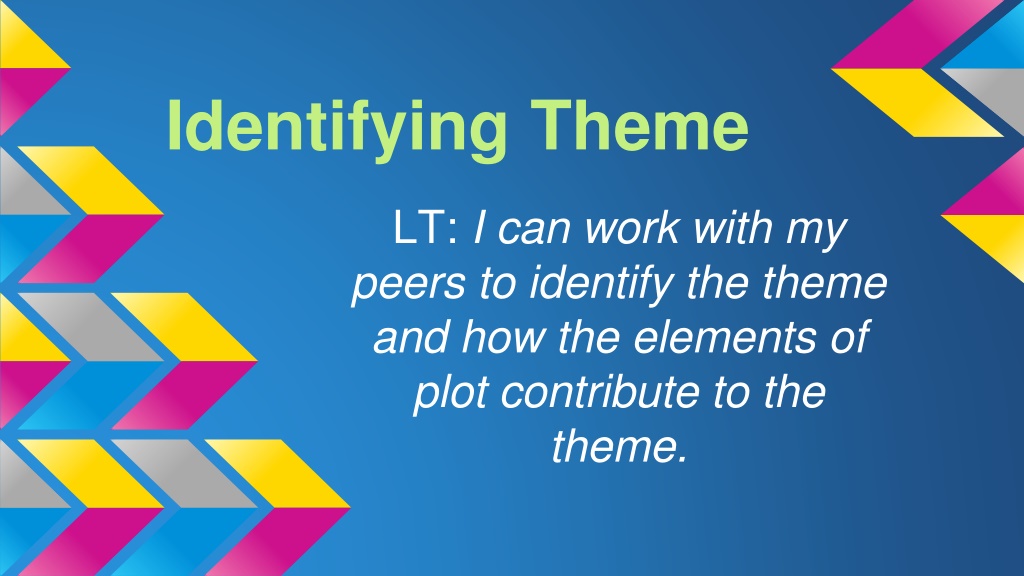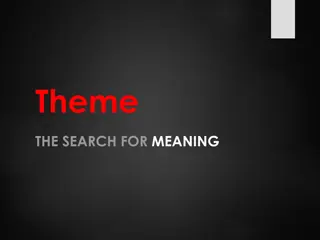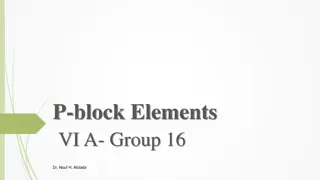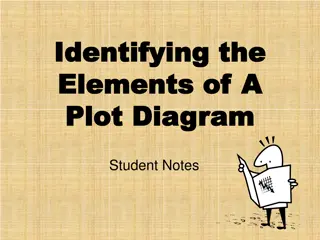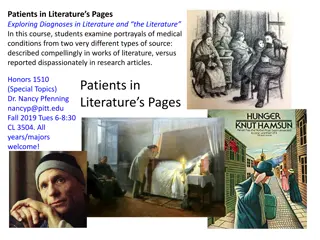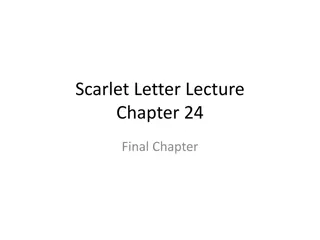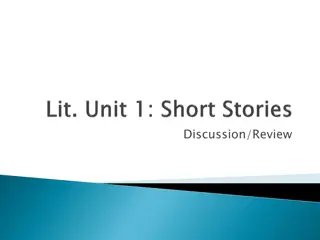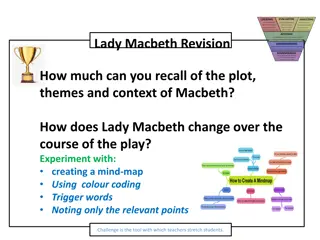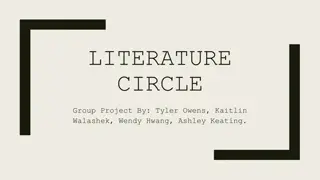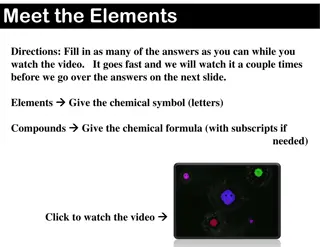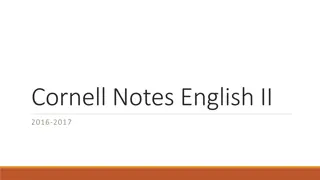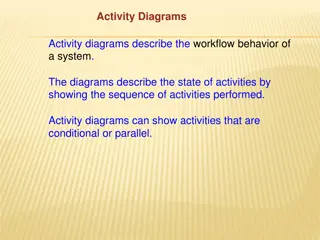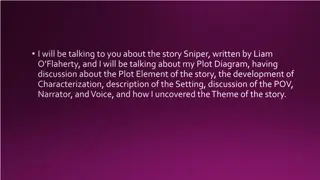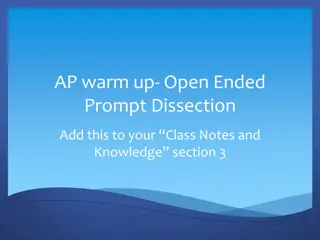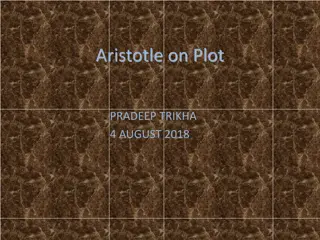Exploring Themes in Literature: Group Activity for Analyzing Plot Elements and Identifying Themes
Engage in a collaborative group activity to delve into the themes of literary works by analyzing plot elements and identifying underlying messages. Understand the characteristics of themes, learn how to find themes in texts, and assign roles to group members for a comprehensive exploration of theme development.
Download Presentation

Please find below an Image/Link to download the presentation.
The content on the website is provided AS IS for your information and personal use only. It may not be sold, licensed, or shared on other websites without obtaining consent from the author. Download presentation by click this link. If you encounter any issues during the download, it is possible that the publisher has removed the file from their server.
E N D
Presentation Transcript
Identifying Theme LT: I can work with my peers to identify the theme and how the elements of plot contribute to the theme.
Theme Defined: Theme is defined as a main idea or an underlying meaning of a literary work that may be stated directly or indirectly (Literary Devices). Major vs. Appears briefly Minor Repeatedly addressed throughout the text
Characteristics of Theme: It is a moral message Universal, applies to world beyond the story and it s characters It is NOT simply a TOPIC Can have several themes
How do I find the theme? Look at how character(s) develop Look for clear statements of the theme Examine the Title (and anywhere it is mentioned in the text) Examine the conflict
Group Activity: LT: I can work with my peers to identify the theme and how the elements of plot contribute to the theme. TASK: As a group, you will be responsible for identifying the theme and analyzing how the different elements of plot contribute to the theme.
Group Member Roles: Each group member will focus on a different element that contributes to the theme. You will choose your roles, then individually read the text to focus on analyzing your element in the story. Role A: Characters Role B: Conflict Role C: Setting
Period 1 Groups: 1. Tariq, Jaimee, Cayla 2. Dustin, Marissa,Isaac 3.Haley, Genna, Hunter 4.Antonio, Kayla, NaNa 5.Ahmad, Alex P., Madie 6.Garrett, Alissa, Maddux 7.Kalissa, Kylie, Bailey 8.Jacob, Drew, Joshua 9.Luke, Bishop, Ana, Mikey 10.Amanda, Ally, Alex Y., Sam 11.Raequan, Tandra, Alex N.
Period 2 Groups: 1.Kyle, Maddi, Brandon 2.Luke, Spencer, Mo 3.Cameron, Abbey H.,Jon 4.Yuba, Abbey B., Dominic 5.Nick, Krista, Jacob 6.Jordan, Morgan, Logan 7.Dalton, Joshua, Aleacia 8.Tyler, Huy, Casey 9.Charles, Christina, Steven 10.Devin, Katherina, Eric
Period 3 Groups: 1.Quay, Anna, Ishan 2.Carl, Dylan, Jay 3. David, Cheyenne, Brittany 4.Mitch, Eric, Shaam 5. Derek, Elijah, Alex 6.Cody, Justin, Darin 7. Bill, Ben, Dillan 8. Victor, Jacob, Matt 9. Emily, Erebi, Cole 10.Brooke, Sean, Orion 11.Diamah, Rasha Mae, Connor
